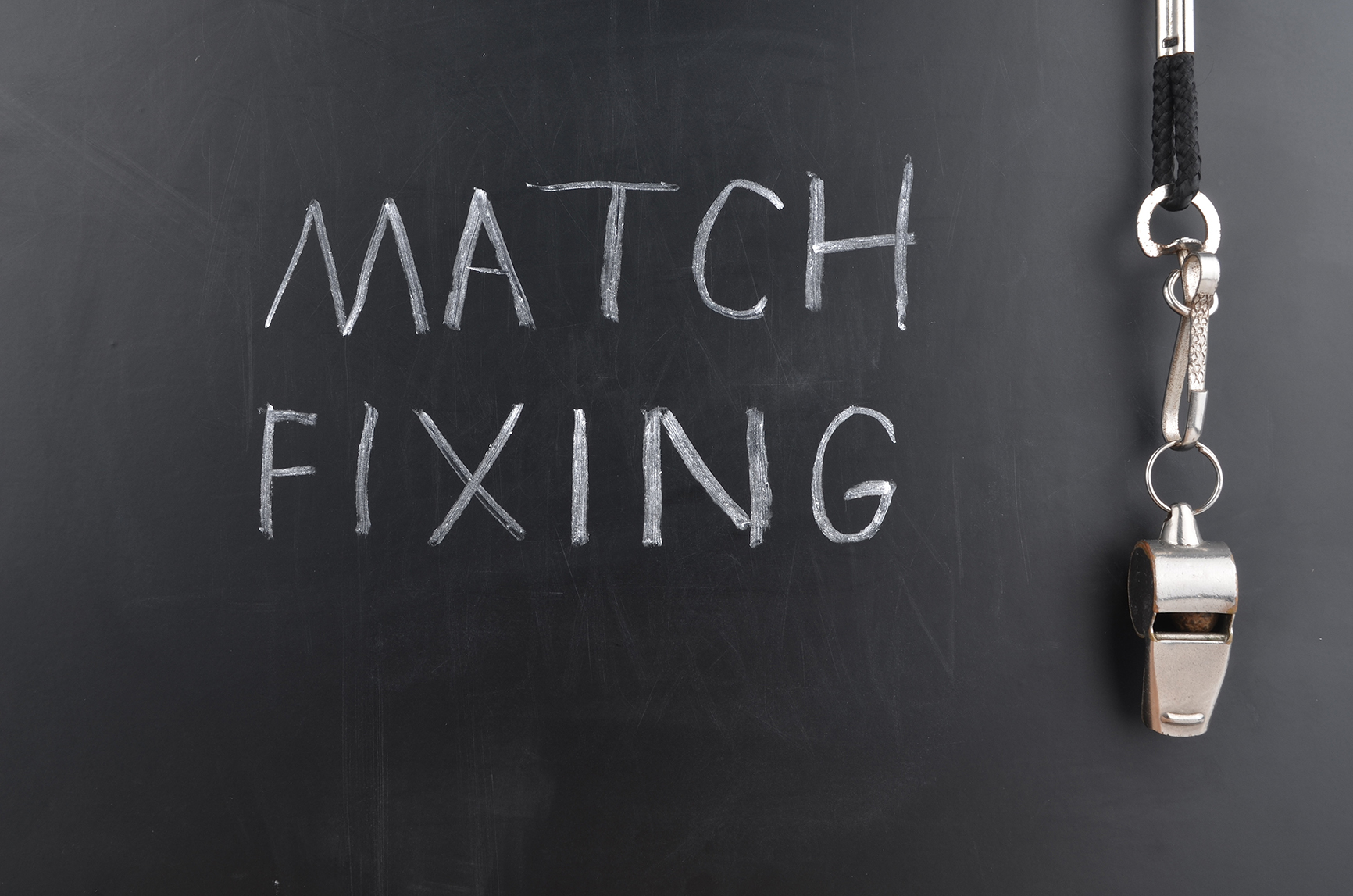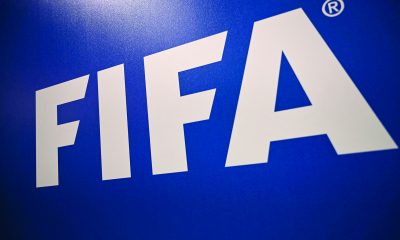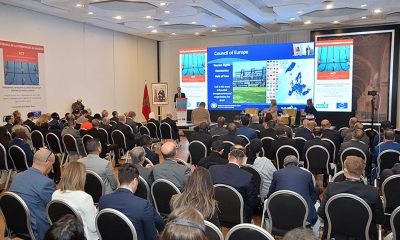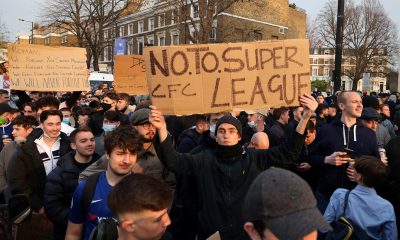
While some countries contain provisions dealing with match-fixing as part of their criminal codes, such as Bulgaria and Spain, Malta has enacted a special criminal law to deal with such offences via the Prevention of Corruption (Players) Act (Chapter 263 of the Laws of Malta) which was first enacted in 1976 and further amended via Act XIII in 1983 and Act XXIV in 2011.
The aim of such Act was to primarily criminalise the offence of match-fixing. It has today been repealed by the Prevention of Corruption in Sports Act, 2018 which Act was brought into force in order to reflect modern developments concerning manipulation of sports competitions.
Both Acts primarily refer to two different acts in relation to passive corruption; those done by a player or official and those carried out by an organiser. Since both offences are deemed to be formal crimes, a mere proposal or offer to fix a game is deemed to constitute an offence of such Act.
Today, any offence that was carried out and which was determined to have breached the provisions of Article 3 is punishable by a prison term of three years or to a minimum fine (multa) of €5,000 and not more than €30,000 or to both. The new Act also aggravates the punishment when such offence is carried out by, amongst other instances, by officials or employees of national associations, members of a club or athletes.
Both Acts also deem it an offence where any person who comes across any knowledge relating to a match-fixing offence does not disclose such information to the Commissioner of Police within 14 days from the day when such person came across such information.
Failing to disclose such information will result in such person being liable to a fine (multa) of not less than €2,500 and not more than €25,000 or a prison term of not more than one year or both.
Under the Prevention of Corruption in Sports Act, any person can be exempted from proceedings for an offence against this Act, on condition that such person ‘gives evidence according to law of all the facts known to him relating to any offence against this Act.’
Such exemption can only be issued by the Attorney General, upon a confidential request made by the Commissioner of Police and can only be availed of if such person comes forward prior to him or her being charged of such offence. Such information given by the ‘accused’ must be one which is not already known to the police and be of relevance for such exemption to be considered.
The new law now incorporates a wider jurisdiction, facilitating the task of the prosecution.
Under the new provisions, such offence does not need to have fully taken place in Malta but only in part, with only a slight link to Malta needing to be present for the Maltese courts to have jurisdiction. This gives the Maltese courts hearing match-fixing cases a wider sphere to punish such offences.
One vital area which the Prevention of Corruption in Sports Act has failed to address concerns the offering of witness protection to those people who are testifying against other persons in match-fixing trails.
Although this was a point discussed during the initial drafting of the Bill, such discussions did not ultimately lead to such protection being given by means of the new law.
Thus, to date the Maltese position does not cater for the possibility of anonymous witnesses, something which at times might act as a deterrent for people to come forward and report cases of match-fixing owing to the repercussions that they fear will arise should they blow the
whistle on such information or alleged involved persons.
Sports integrity
An innovative inclusion in the Prevention of Corruption in Sports Act concerns the introduction of a body corporate to be known as the Sports Integrity Unit.
This unit has today been integrated into the recently launched Authority for Integrity in Maltese Sport (AIMS) via the Sport Governance and Integrity Act.
The remit of such authority shall be, amongst other duties, to collect and analyse information and intelligence relevant
to investigations concerning match-fixing, to share such data with counterparts across the world, to act as an information hub and coordinate the fight against match-fixing, to be the primary contact between the Malta Gaming Authority, police and sports organisations, to advise the Minister concerned about latest developments concerning match-fixing and to assist the police and sports organisations in the prosecution of cases concerning match-fixing.
While the concept of match-fixing itself will and can never be eradicated completely, there is an ongoing need to establish a united front to tackle this phenomena in a unanimous manner.
The Maltese courts must ensure that harsh penalties are handed out to those found guilty of such offences to continue sending out a strong message and deterrent to society.
At the same time, national sporting bodies, should ensure that they have the proper codes of conduct within their respective association rules as well has ideally having an integrity officer within their association.
Dr Robert Dingli is a Senior Associate at Dingli & Dingli Law Firm and specializes in sports law.

World Cup News
-
FIFA World Cup
/ 6 days agoSaudi oil giant Aramco agrees major FIFA sponsorship deal
Saudi Arabia’s state oil giant Aramco and world football governing body FIFA on Thursday...
By AFP -
FIFA World Cup
/ 1 month agoSon scores but Thailand hold South Korea in World Cup qualifier
Son Heung-min scored but South Korea were held 1-1 at home by Thailand in...
By AFP -
FIFA World Cup
/ 2 months agoJapan-N. Korea World Cup game to stay in Pyongyang, JFA says
Japan’s World Cup qualifier against North Korea will be played in Pyongyang as planned...
By AFP -
FIFA World Cup
/ 2 months agoGerman ex-FA bosses on trial over World Cup tax evasion
Three German ex-top football officials went on trial on Monday in a 13.7-million-euro ($14.8...
By AFP

Winter Olympics
Watch: Geisenberger wins sixth Olympic medal to tie luge record






































